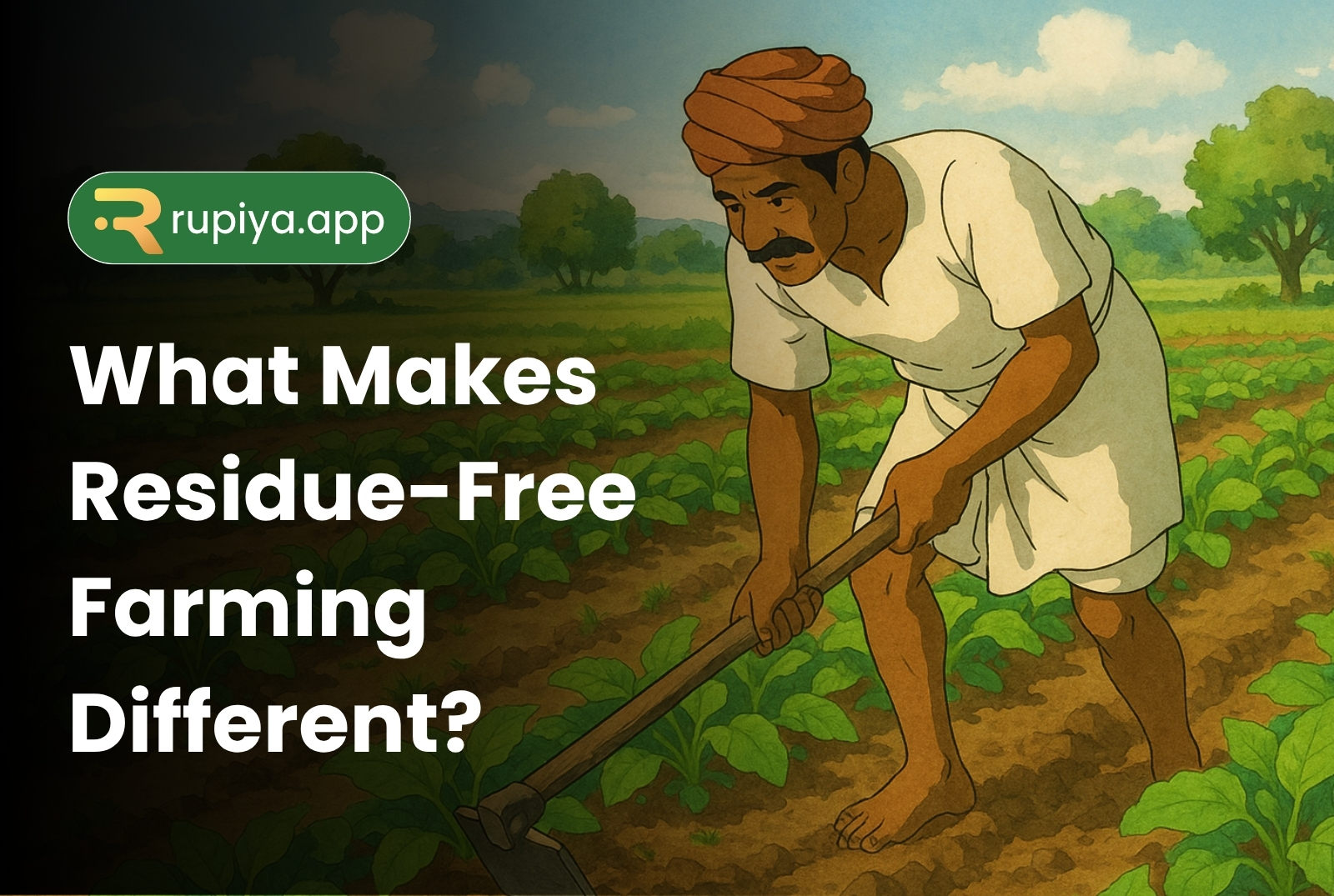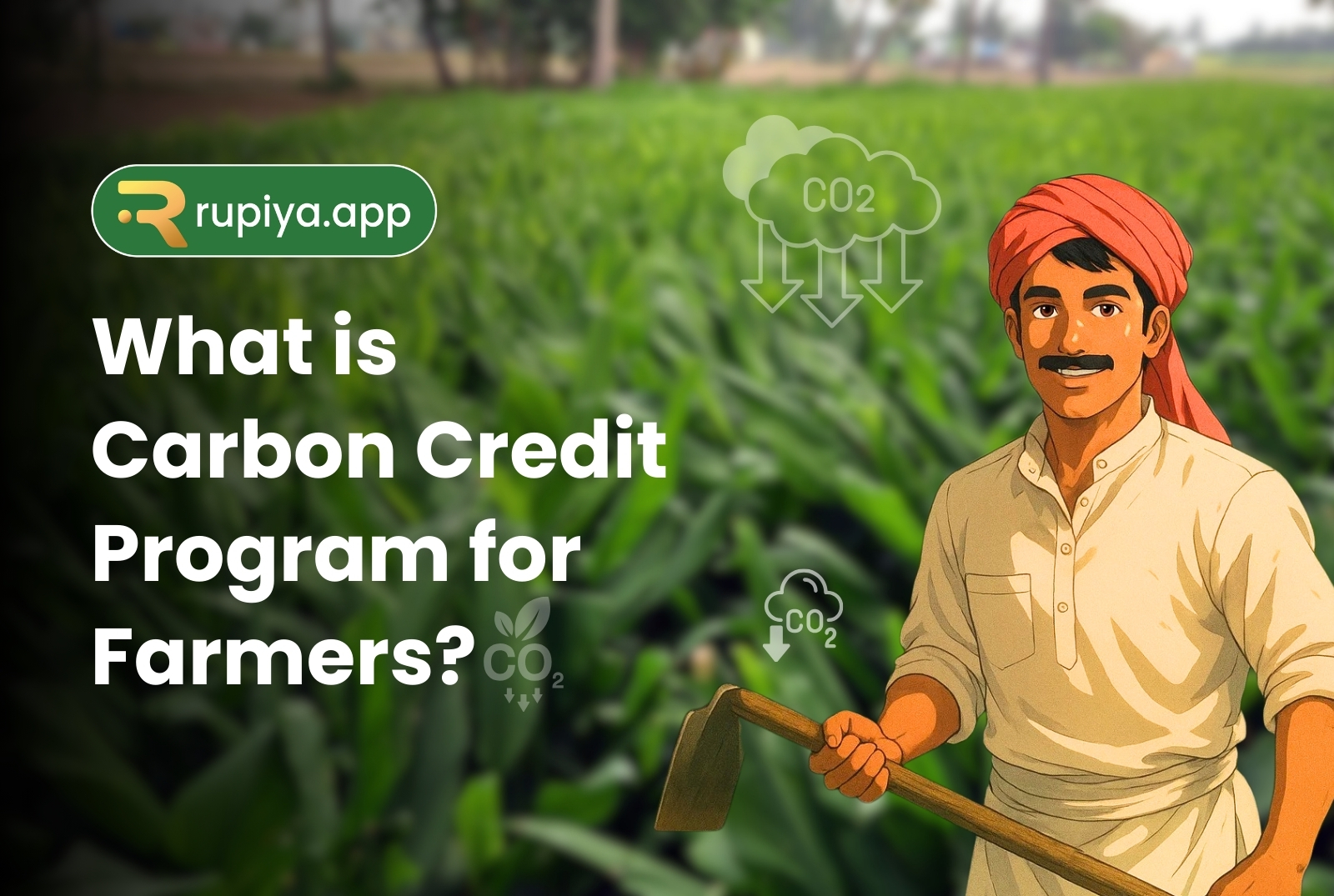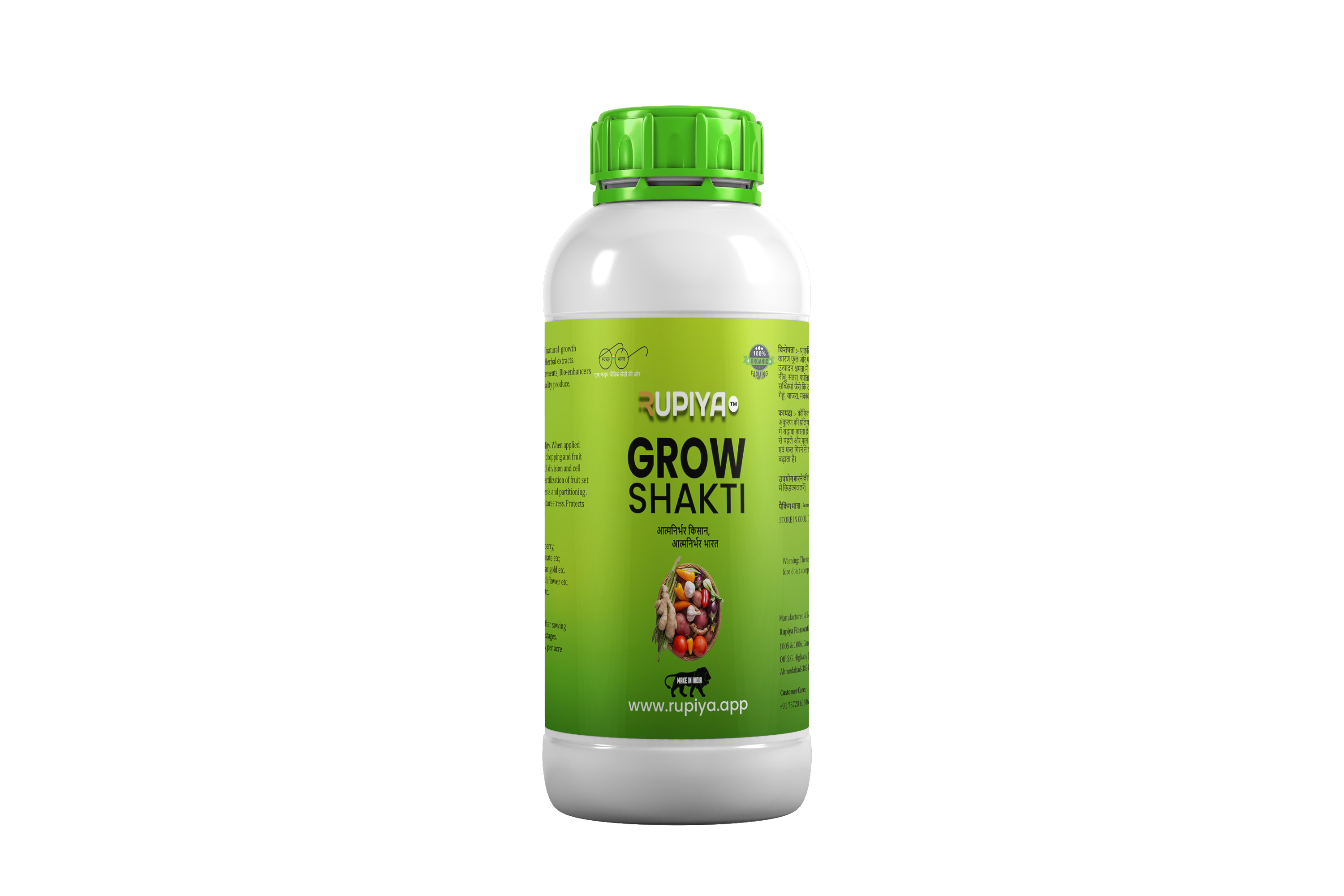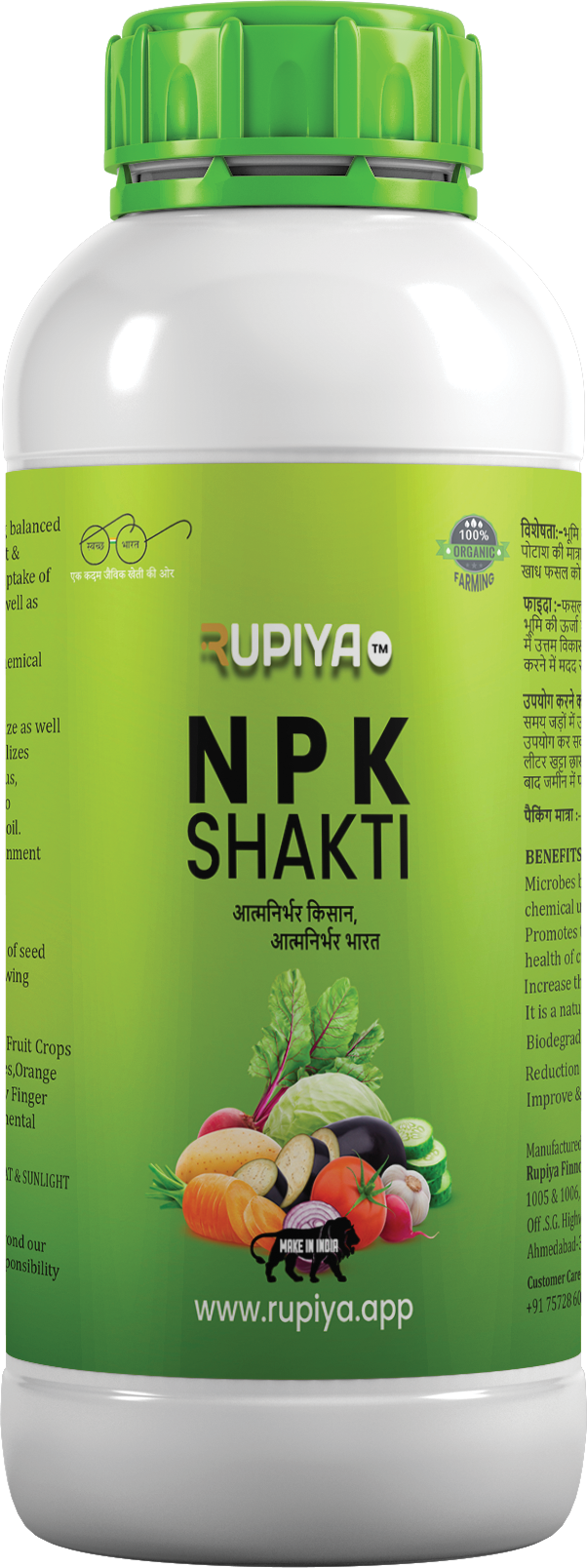What Makes Residue-Free Farming Different?

Have you ever washed your vegetables before eating? Do you wonder why we wash them? Because there is some chemical left on the vegetables which is used to keep the bugs away from the crop and also to help them grow faster. But what if we add too much chemical on the vegetables or fruits, it will be harmful for health.
So here’s where Residue-Free Farming comes into play. It basically means growing a crop by making it clean and safe to eat, without adding any harmful chemicals to it.
Farmers who use this farming method usually use natural things instead of strong chemicals and even if they do use it they make sure that it is very less. This gives the crop enough time to clean themselves naturally. So, when the food reaches you it’s fresh, healthy and safe to eat. That is why Residue-Free Farming is becoming a popular and a smart way to grow crops.
Why Residue-Free Farming is Beneficial in India ?
- People are nowadays becoming aware of what they eat. They want fruits and vegetables that are clean and safe – especially for children, old people and those with health issues. Thus, this farming helps give people confidence that their food is not harmful.
- Residue-Free fruits and vegetables are in demand in cities and supermarkets. That means farmers can get better prices for their clean produce and earn more income without needing a full organic certificate.
- Many parts of India face soil and water problems because of too much chemical use. Residue-Free Farming reduces chemical use, which helps protect the soil, save water, and keep nearby rivers and lakes clean.
- It helps in reducing the overuse of chemicals, which keeps the soil fertile, water clean, and nearby biodiversity safe. In a country like India, where agriculture depends heavily on natural resources, this approach is essential for long-term sustainability.
How Residue-Free Farming Differs from Organic and Conventional Farming
Food safety and sustainable farming have become an issue of rising concern especially in India. Consumers desire cleaner food stuff and farmers seek alternative techniques that would help them produce crops without destroying the land. At this journey, such three primary streams of farming approaches can be highlighted: conventional farming, organic farming as well as a relatively recent way, Residue-Free Farming.
And now, we should know what the difference between these three is, and the reason why Residue-Free Farming is becoming one of the potential solutions to many Indian farmers.
1. Conventional Farming:
In India the most common method is conventional farming. It means that there is productivity even if the farmer applies plenty of chemical fertilizers and pesticides. Its primary objective is to safeguard crops within a short time and produce more within a short period.
- It can be easily adopted, provides quick and high yield and does not require so much efforts at first.
- The overloading of chemicals may cause pesticide Residue on the food, kill off soil fertility, contaminate water sources and eventually results in health complications.
Using this approach the farmers tend to spray pesticides even near the harvest. It states that even the food that comes in the market can contain the sprayed chemicals in them, which is not advisable for health.
2. Organic Farming:
Organic agriculture does not use any chemicals. The farmers uses organic items such as compost, cow dung, neem oil, and bio-pesticides. It promotes the health of the soil, water sustainability, and environmental safety. Nevertheless, organic farming is demanding as well. This farming has to be certified, it needs additional labour and may be costly to small farmers.
- There are no Chemical Residues used which makes it healthier to consume, it is eco-friendly, and good for long-term sustainability.
- It is slower and is potentially lower-yielding, and organic certification is challenging and expensive to certify.
For example, if pests attack an organic tomato crop, the farmer must control it only with natural methods, even if the crop is suffering.
3. Residue-Free Farming:
The Residue-Free Farming method is an intermediate type between the conventional and organic farming techniques. In this case, the farmer can apply a little of the safe chemicals but they apply it cautiously. The chemicals are only applied when there is a necessity and all this has been done much before the crop is ready to be harvested which makes the food free form harmful material before reaching it to the consumer.
It enables farmers to resort to modern agri-technology such as drip irrigation, Integrated Fertilizer Management (IFM), Integrated Pest Management (IPM), greenhouses, rain, water harvesting and others, to raise nutritious crops with fewer chemical consequences.
- Less poisonous food, no bad residue chemicals, and has a higher yield compared with organic, and it is not required to be certified and can be economically advantageous to small-scale producers.
- It still requires some amount of chemical input (although safely), and the awareness is still in the development stage.
So that even in case an organic farmer has any pest problem, he or she may use some little environmental friendly pesticide but make sure he stops using it several days before harvesting in order to no need of having it on the product.
Farming without Residues is one of the steps towards a healthy planet. It enables the soil and water to be safeguarded long term by the use of minimal and controlled chemicals. It equally reduces the carbon footprint by minimizing the use of an intensive vocabulary on chemical production and application. Such a way will be less harmful to birds, bees, and other farm pollinators. In the long term, it makes the ground fertile, successful, and productive, and farmers may continue to harvest healthy crops year in and year out – in a natural, responsible way.
Residue-Free Farming : A Smarter Choice
Residue-Free agriculture is a best and secure approach to producing food. It conserves our health, cleans the environment and makes the farmer earn well. It provides us with food that contains no terrible leftovers since their application before the harvesting stage is prevented and the number of chemicals used is reduced. It is not as rigid as organic farming but it is a huge step on safe and sustainable farming. It is a realistic and strong course of action among the farmers and consumers in India.
Have you ever washed your vegetables before eating? Do you wonder why we wash them? Because there is some chemical left on the vegetables, which is used to keep the bugs away from the crop and also to help them grow faster. But what if we add too many chemicals to the vegetables or fruits? It will be harmful for health.
So here’s where Residue-Free Farming comes into play. It basically means growing a crop by making it clean and safe to eat without adding any harmful chemicals to it.
Farmers who use this farming method usually use natural things instead of strong chemicals, and even if they do use them, they make sure that it is very little. This gives the crop enough time to clean itself naturally. So, when the food reaches you, it’s fresh, healthy, and safe to eat. That is why Residue-Free Farming is becoming a popular and smart way to grow crops.
FAQs
1. What is Residue-Free Farming?
2. How does Residue-Free Farming Differ from Conventional Farming?
3. How is it Different from Organic Farming?
Organic farming bans all synthetic chemicals, relies on organic inputs (like compost, cow dung, neem oil), supports soil health and biodiversity, but often requires costly certification and yields may be lower
Residue‑free farming allows strategic, low-level chemical usage, avoiding residues and offering higher yields and fewer barriers for farmers .
4. What are the Benefits for Farmers?
Cost savings & income: Lower input costs, better crop yields, and access to premium markets translate to higher profits
Farmer safety: Less exposure to harmful chemicals improves farmer health.
Biodiversity: Encourages ecological balance by safeguarding beneficial insects and wildlife .
5. Can Residue‑Free Farming Sustain High Yields?
6. Do Farmers Need Certification to Market Residue-Free Produce?
7. Which Crops are Suited for Residue‑Free Farming?
However, many other crops can also adapt well to this approach.
8. Is Residue‑Free Farming Good for Exports?
9. What are the Main Challenges?
Pest management: Requires training in non-chemical alternative methods
Knowledge & support: Farmers need education, mentoring, and technologies to implement these techniques effectively
Adoption barriers: Awareness is growing, but residue-free farming is still emerging compared to conventional or certified organic methods.
10. How can Farmers Transition to Residue‑Free Farming?
- Adopt Integrated Pest Management (IPM) and Integrated Fertilizer Management (IFM).
- Use agri-tech tools like drip irrigation, greenhouses, rainwater harvesting.
- Join via Farmer Producer Organizations (FPOs) or group initiatives for better support, training, and market access.











